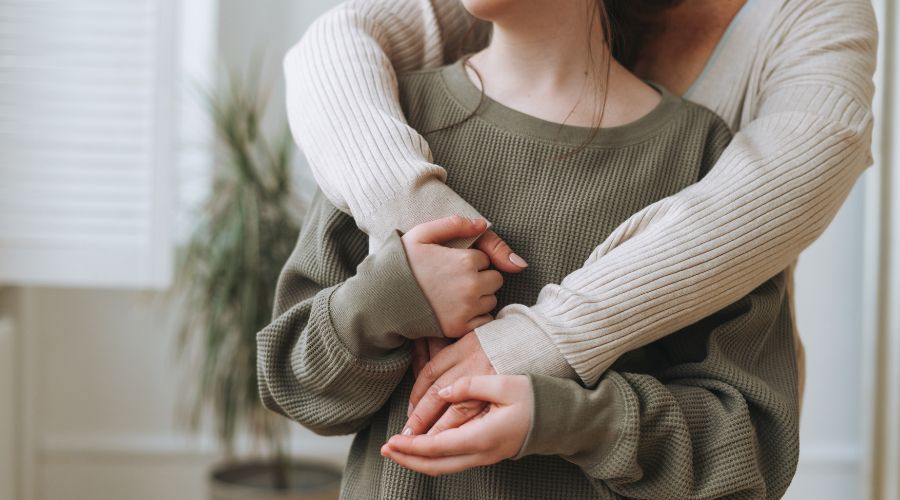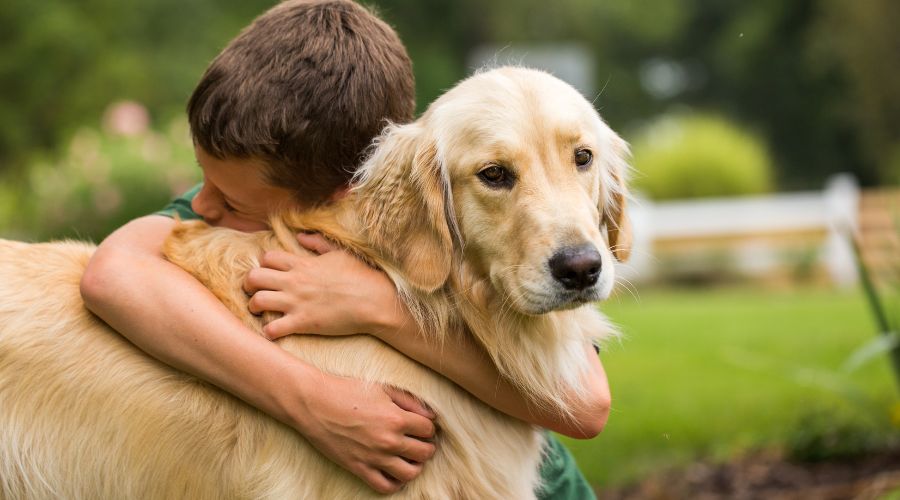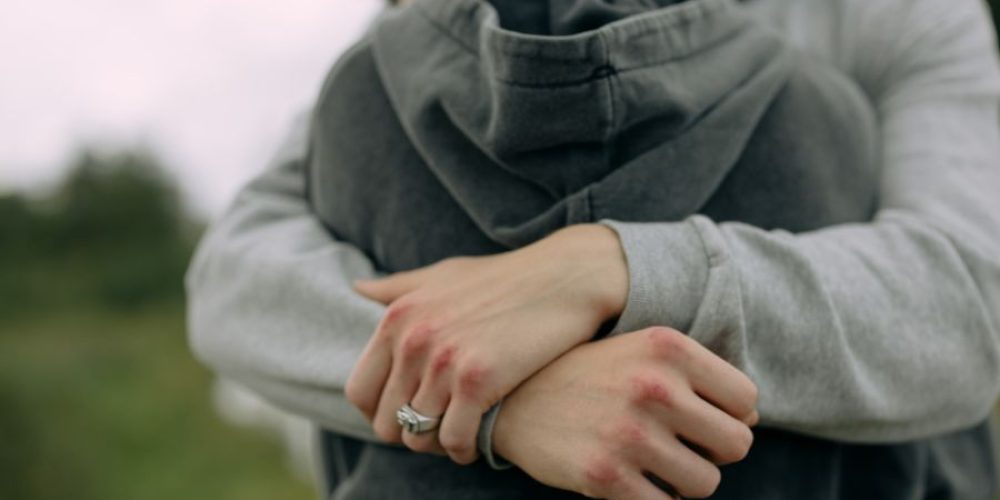There’s no denying the power of a hug. If you’ve ever said you’ve felt starved for touch, you’re actually not that far off. The same areas of our brain that are satisfied by eating are also satisfied by human touch, including hugs. A hug helps us bond with others and experience a sense of safety, comfort, empathy, and calm, qualities many deeply craved during a time of uncertainty.
Source: verywellmind
What Is the Power of a Hug?
What is it about a hug that feels so good? The answer lies in oxytocin, sometimes known as “the love hormone.” This hormone plays a key role in the female reproductive system, particularly in childbirth, and then, following birth, breastfeeding and bonding with the child.
Oxytocin also has social implications – such as attachment, trust, and pair-bonding. Pair (or social) bonding is known as the desire of spending more time with a person. The release of the hormone helps facilitate this bonding by activating the pleasure centers in your brain.
Hugs served an evolutionary purpose to help us know who and who wasn’t safe. While most of us aren’t being chased by lions, tigers or bears, we still experience plenty of day-to-day stress. It can be therapeutic, helpful, and healing to have safe people to turn to for hugs, comfort, and care.
What Happens When You Don’t Get Enough Hugs?
Hugging activates the same reward centers in our brain as eating does, so if you’re not getting physical affection, you may feel like you’re starved for touch. Not receiving enough physical affection is correlated with:
- Loneliness
- Depression
- Stress
- Attachment issues
- Personality disorders
- Physical pain
- Poor sleep quality
The Power of a Hug on Your Health

As humans, physical touch is very important and there are many ways in which hugging can benefit your health. Let’s take a look at how hugs may positively impact your overall health.
Improves Your Sleep
A hug before sleep certainly beats counting sheep. While oxytocin doesn’t directly biologically affect one’s sleep, its anxiety-reducing effects are certainly related to improved sleep.
As it turns out, you can literally sleep better at night when you know you have that social support that the cuddle hormone is releasing. Feeling secure in your social relationships means one less thing for you to ruminate about at night.
A hug from a loved one can result in a decrease in cortisol, a stress hormone, as touch deactivates the part of the brain that responds to threats. The release of oxytocin has calming affects, which can also support more restful sleep.
Improved Immunity
Good news for cold and flu season – hugging may keep you healthy! In one study, those who received more hugs generally got sick less often, and, when they did, it was less severe. This is potentially due to the benefits of perceived social support.
Better Cardiovascular Health
It turns out that hugging is good for your heart not just in the gushy way but for your actual physical health. One 20-second hug had the effect of lowering participants’ blood pressure in the moment, including after their partner had left the room.
Less Fighting
In a romantic relationship, the power of a hug is that it may lead to less fighting. If you’re in a romantic relationship, evidence shows that the more couples hug, the less interpersonal conflict they experience. It’s thought that this is because the hugs were perceived as a signal of social support, and so they blunted potential negative feelings.
Hugs also act as a general buffer against stress. Interpersonal touch is associated with increased attachment security, greater perceived partner support, enhanced intimacy, higher relationship satisfaction, and easier conflict resolution – all of which support a more peaceful resolution and less fighting.
Reduces Pain Symptoms
A hug or healing touch may improve symptoms of pain. Cancer patients who received healing touch reported less postoperative pain and narcotic painkiller use than those who received a back massage or no treatment.
How to Harness the Power of a Hug (By Yourself Or With Others)

First of all, any hug is better than no hug and there is no “wrong” way to hug! But if you want to squeeze all the benefits you can out of your hug, you can say it’s based on science.
A study found that 5-second and 10-second hugs were linked with higher pleasure ratings than a 1-second hug.
Give the Power of a Hug to Yourself
Go ahead – hug yourself! It probably sounds silly, but the act of putting your arms around yourself can reduce pain, and for a weird reason. Because, hugging yourself is not what your body is expecting.
It’s such an uncommon sensation that it confuses your brain as it tries to unravel where that sensation is coming from. Pain is then blocked because the signals literally got crossed as you crossed your arms over yourself.
Hug yourself the way you want to be hugged, to create the sensation you are seeking, for as long as you’d like!
Pet an Animal
If you have a cat or dog, pet them! Snuggling with a furry friend releases that cuddle hormone the same way snuggling with a human does. It’s thought that touching a pet activates your sensory nerves, causing them to release your feel-good hormone.
Stroking an animal helps build attachment the same way human skin-to-skin contact does.


